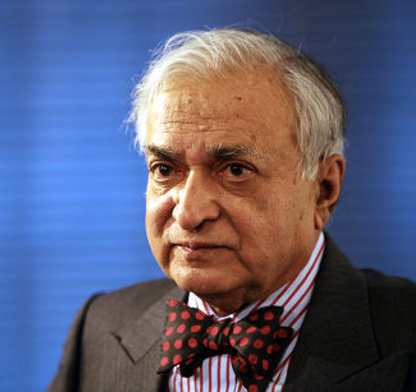
Deepak Lal’s Prices for Planning: Towards the Reform of Indian Planning is a critical examination of India’s pre-1991 economic model. Lal, a well-known economist, posited that the inefficiencies that plagued India’s economic system were a direct outcome of its excessively interventionist regime.
At the core of Lal’s critique was his belief in the importance of market-based price mechanisms as an effective tool for resource allocation. He posited that the Indian government’s overreliance on physical targets and its propensity to control prices distorted market signals, leading to misallocation of resources, and, ultimately, slower economic growth. In contrast, he argued, market prices more accurately reflect supply and demand, guiding investment and consumption decisions more effectively.
Moreover, Lal contended that state planning should be minimal, limited to sectors in which market mechanisms fail or in which social or strategic considerations deem state involvement necessary.
He was an early and influential voice advocating economic reform in India. His recommendations presaged the sentiments driving the comprehensive economic liberalization in India in the early 1990s.

